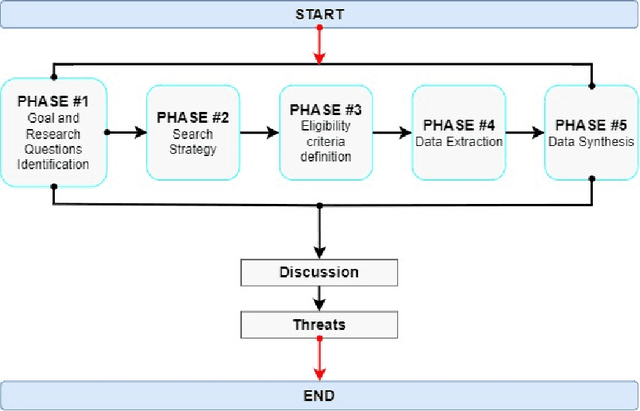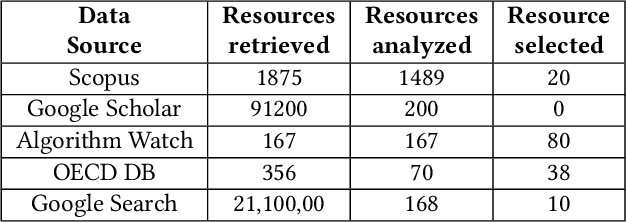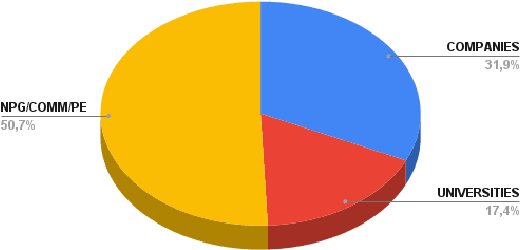Danilo Caivano
The Social Impact of Generative AI: An Analysis on ChatGPT
Mar 07, 2024



Abstract:In recent months, the social impact of Artificial Intelligence (AI) has gained considerable public interest, driven by the emergence of Generative AI models, ChatGPT in particular. The rapid development of these models has sparked heated discussions regarding their benefits, limitations, and associated risks. Generative models hold immense promise across multiple domains, such as healthcare, finance, and education, to cite a few, presenting diverse practical applications. Nevertheless, concerns about potential adverse effects have elicited divergent perspectives, ranging from privacy risks to escalating social inequality. This paper adopts a methodology to delve into the societal implications of Generative AI tools, focusing primarily on the case of ChatGPT. It evaluates the potential impact on several social sectors and illustrates the findings of a comprehensive literature review of both positive and negative effects, emerging trends, and areas of opportunity of Generative AI models. This analysis aims to facilitate an in-depth discussion by providing insights that can inspire policy, regulation, and responsible development practices to foster a human-centered AI.
A Rapid Review of Responsible AI frameworks: How to guide the development of ethical AI
Jun 08, 2023



Abstract:In the last years, the raise of Artificial Intelligence (AI), and its pervasiveness in our lives, has sparked a flourishing debate about the ethical principles that should lead its implementation and use in society. Driven by these concerns, we conduct a rapid review of several frameworks providing principles, guidelines, and/or tools to help practitioners in the development and deployment of Responsible AI (RAI) applications. We map each framework w.r.t. the different Software Development Life Cycle (SDLC) phases discovering that most of these frameworks fall just in the Requirements Elicitation phase, leaving the other phases uncovered. Very few of these frameworks offer supporting tools for practitioners, and they are mainly provided by private companies. Our results reveal that there is not a "catching-all" framework supporting both technical and non-technical stakeholders in the implementation of real-world projects. Our findings highlight the lack of a comprehensive framework encompassing all RAI principles and all (SDLC) phases that could be navigated by users with different skill sets and with different goals.
 Add to Chrome
Add to Chrome Add to Firefox
Add to Firefox Add to Edge
Add to Edge